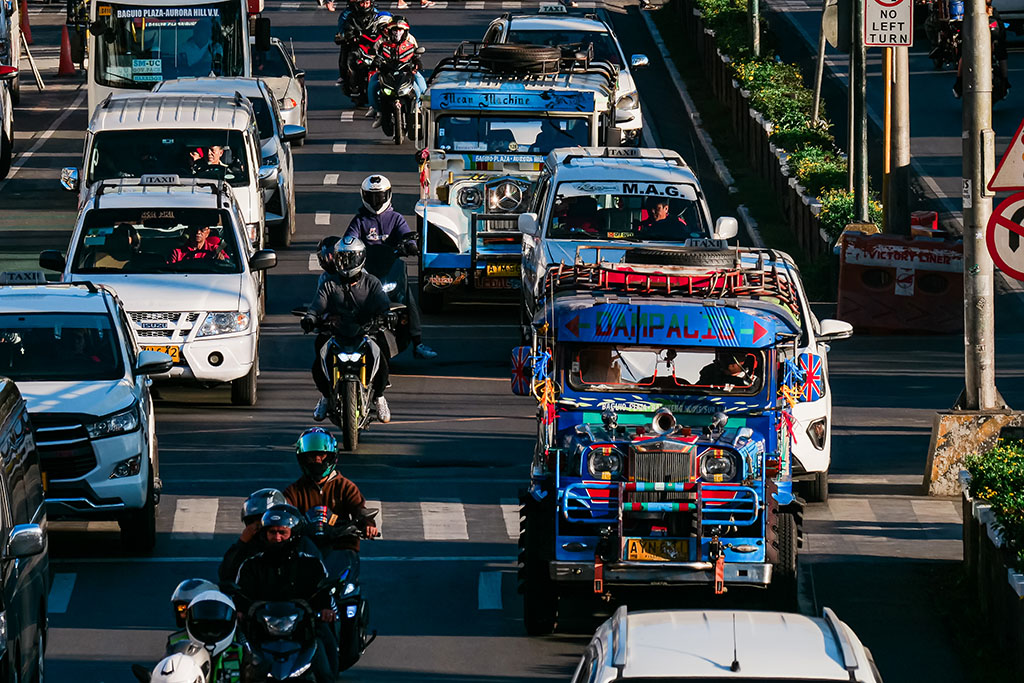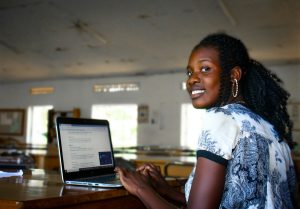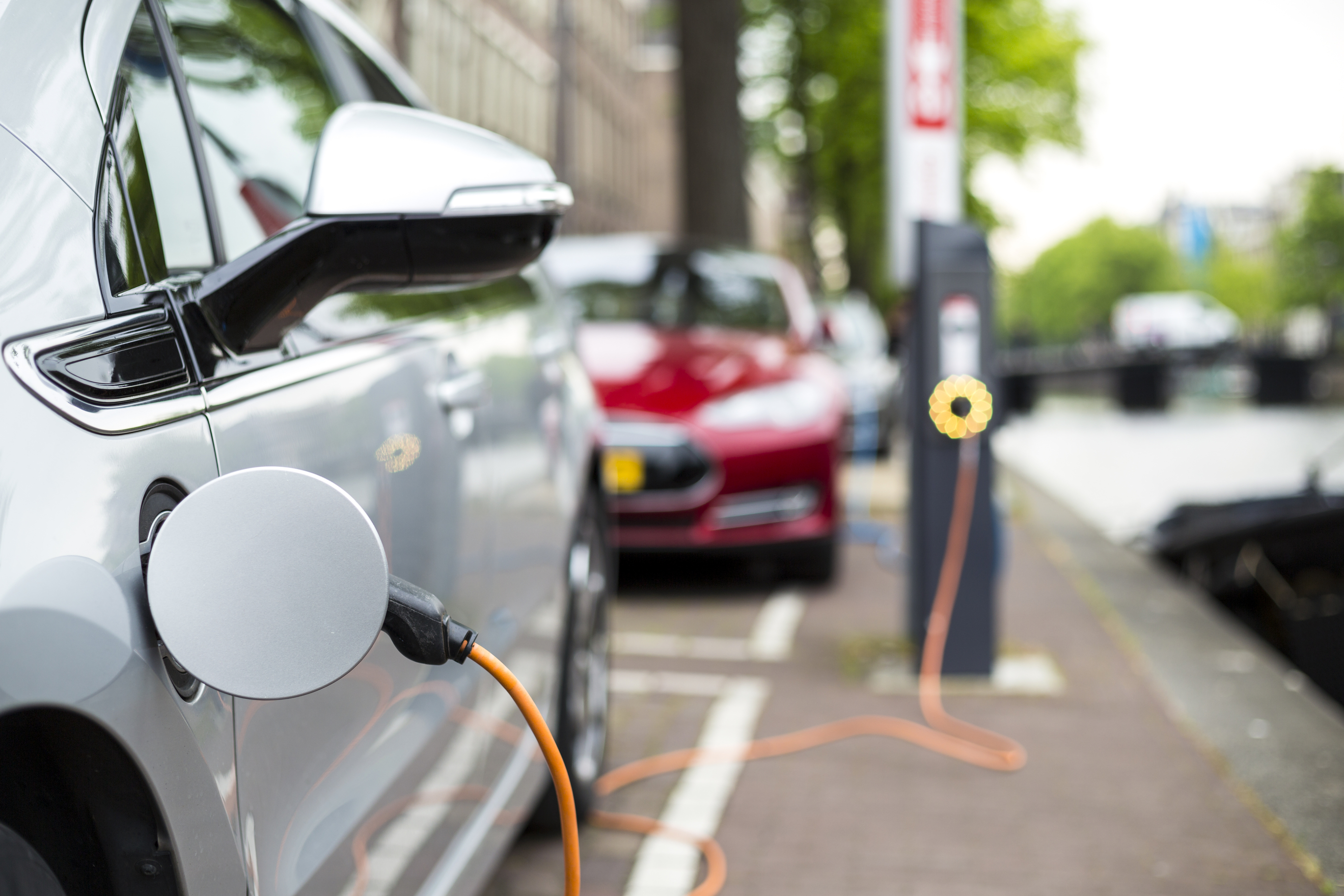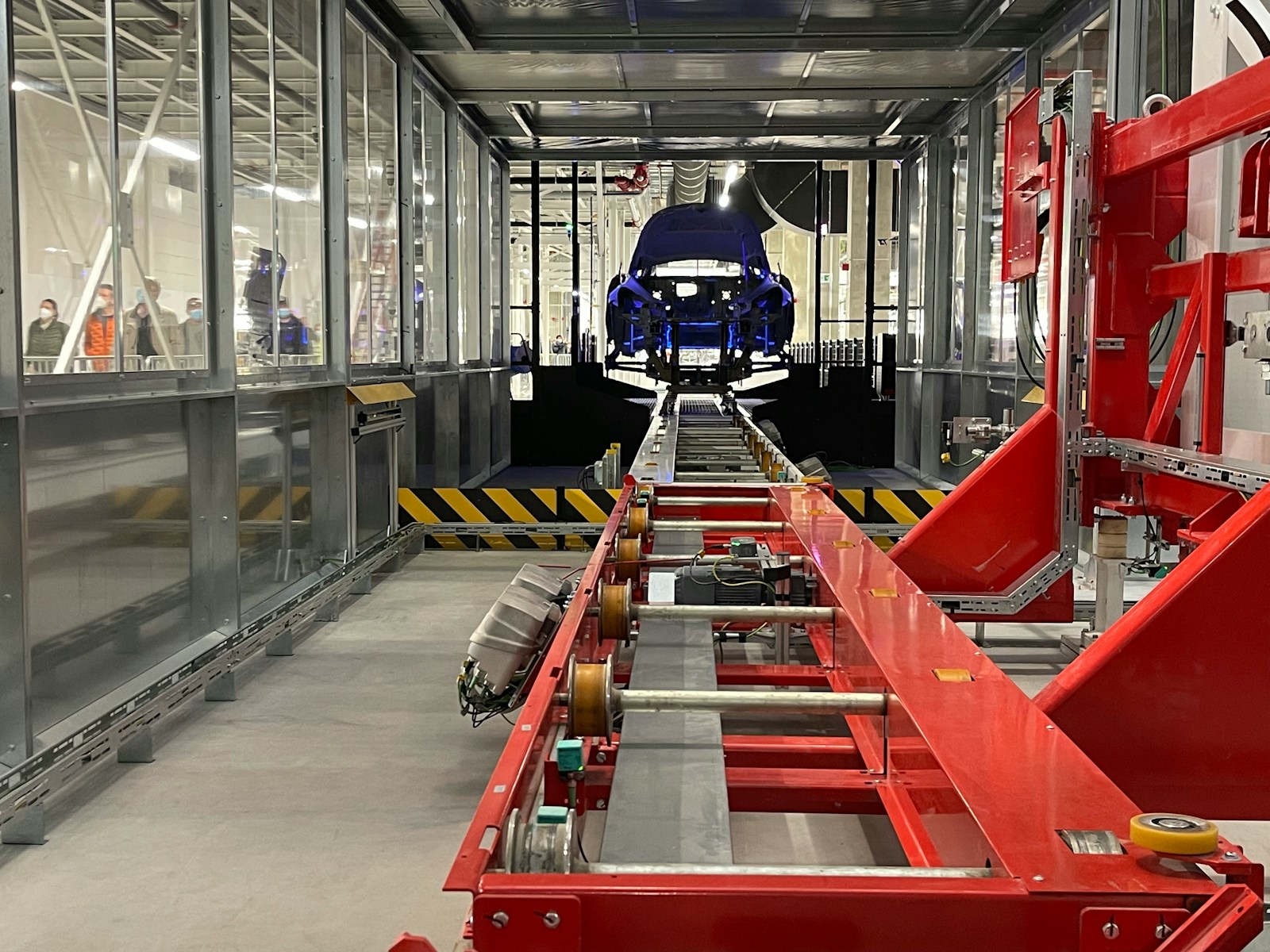The William Davidson Institute’s report “Driving a just transition to e-mobility in the Philippines” with research findings based on its collaboration with the Asian Development Bank (ADB) and the Apl.de.Ap Foundation International (APLFI). The research will inform the development of a new EV Center of Excellence in the country.
The Philippines is among many countries across Asia moving to electrify its transportation system in an effort to reduce imported fossil fuels, improve air quality and reduce carbon emissions, while creating new economic opportunities for its citizens. While the transition to electric mobility (e-mobility) is still relatively nascent, efforts to electrify transportation are under way, particularly among public utility and two- and three-wheel vehicle segments, which are the most popular modes of transportation in the country. Meanwhile, private sector players are pursuing opportunities along the EV value chain, from manufacturing or assembling vehicles and batteries to developing charging infrastructure and offering services to support the broader e-mobility ecosystem.
The report offers a comprehensive assessment of the current state of the transition to e-mobility in the Philippines, analyzing the country’s policy framework, market trends and workforce needs to support a shift to e-mobility. While focused on the Philippines, the report also takes a global and regional view to contextualize findings based on the most recent trends. In addition, the research highlights key socio-economic implications associated with this transition in the Philippines context and proposes pathways to ensure equitable outcomes for all involved.



